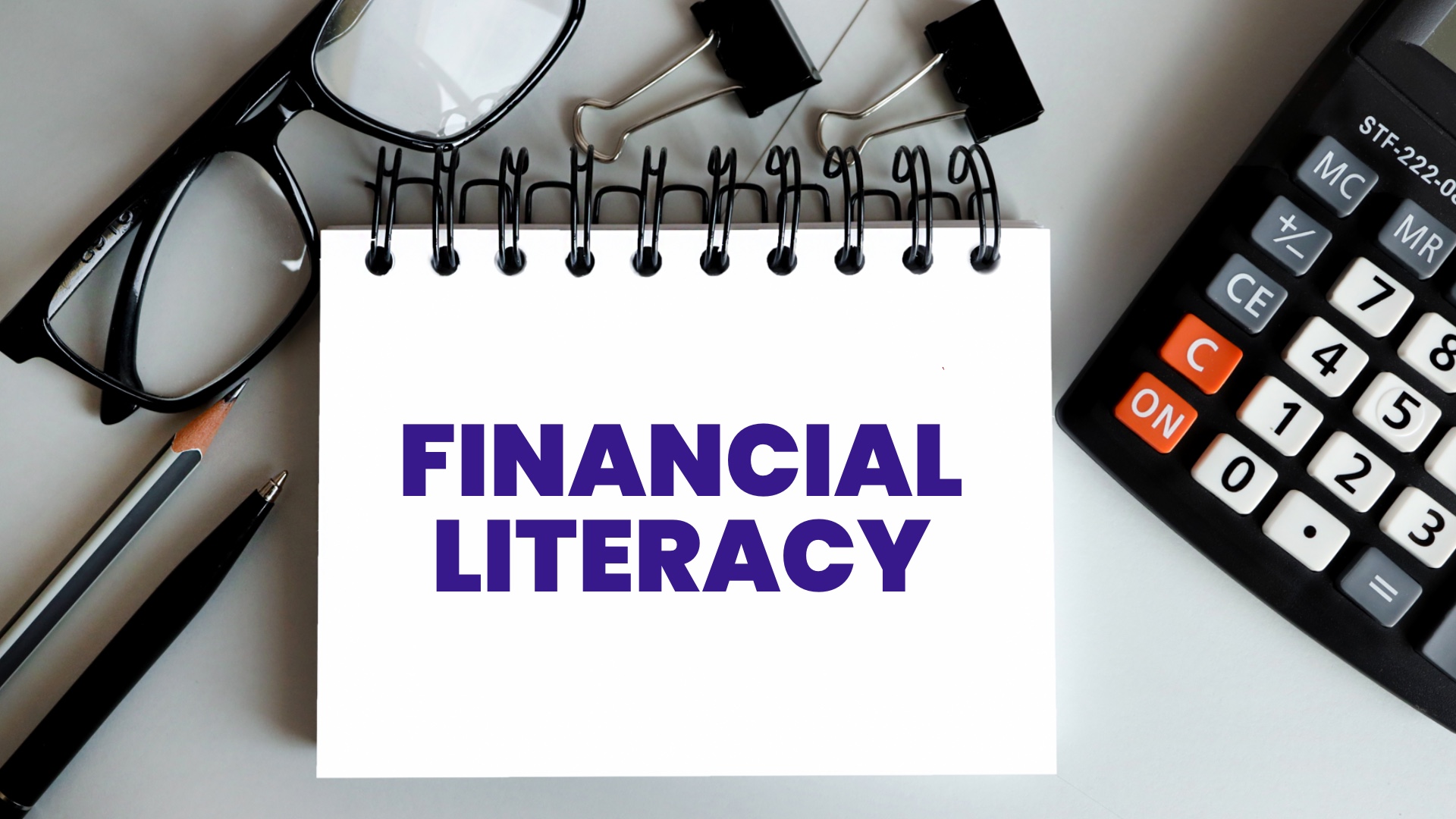In today’s increasingly complex financial landscape, possessing a strong foundation of financial literacy is more crucial than ever. Financial literacy encompasses the knowledge, skills, and confidence to effectively manage one’s personal finances, make informed decisions, and achieve long-term financial well-being. By mastering money management, individuals can unlock a path toward financial security, independence, and ultimately, success in various facets of life.
The Importance of Financial Literacy
Financial literacy is not just about understanding numbers and budgets; it is a life skill that empowers individuals to navigate the intricate world of personal finance with confidence. Without adequate financial knowledge, people are susceptible to making poor financial choices, falling into debt traps, and missing out on opportunities for wealth-building and long-term planning.
Moreover, the meaning of financial literacy plays a pivotal role in achieving personal and professional goals. Whether it’s saving for a down payment on a home, funding a child’s education, or planning for a secure retirement, effective money management is the cornerstone of realizing these aspirations.
Building Blocks of Financial Literacy
Mastering money management requires a comprehensive understanding of several key components:
1. Budgeting and Cash Flow Management
At the core of financial literacy lies the ability to create and adhere to a realistic budget. By tracking income and expenses, individuals can gain control over their cash flow, prioritize essential expenditures, and allocate funds toward savings and investment goals. Effective budgeting also enables the identification and elimination of unnecessary spending, fostering financial discipline.
2. Debt Management
Understanding the implications of debt and developing strategies for responsible borrowing is crucial. What is Financial literacy? It involves recognizing the difference between good and bad debt, learning about interest rates and repayment terms, and devising plans to minimize and eliminate high-interest debt promptly.
3. Saving and Investing
Building wealth requires a commitment to saving and investing. Financial literacy equips individuals with the knowledge to evaluate various savings vehicles, such as emergency funds, retirement accounts, and investment options like stocks, bonds, and mutual funds. By understanding the principles of compound interest and diversification, individuals can make informed decisions to grow their wealth over time.
4. Risk Management and Insurance
Protecting oneself and one’s assets from potential risks is an integral part of financial literacy. This includes understanding the role of insurance products like health, life, and property insurance, as well as risk mitigation strategies for safeguarding against unforeseen events or emergencies.
5. Credit and Borrowing
Financial literacy encompasses an understanding of credit scores, credit reports, and the responsible use of credit cards and loans. By grasping the impact of credit history on future borrowing opportunities and interest rates, individuals can make informed decisions and maintain a healthy credit profile.
Developing Financial Literacy Skills
Mastering money management is an ongoing journey that requires dedication and continuous learning. Here are some practical strategies to enhance financial literacy:
1. Seek Education and Resources
Leverage the wealth of information available through books, online courses, podcasts, and financial advisors. Institutions, non-profit organizations, and government agencies often offer free or low-cost financial education programs and resources.
2. Start Early
Instilling financial literacy at a young age can have a profound impact on future financial behaviors and decision-making. Parents and educators should prioritize teaching children and teenagers the fundamentals of money management, fostering healthy money habits from an early age.
3. Practice and Apply Knowledge
Financial literacy is not merely theoretical knowledge; it requires practical application. Implement budgeting techniques, track expenses, experiment with investing through simulations or small contributions, and continually refine your financial strategies based on real-world experiences.
4. Seek Professional Guidance
For complex financial matters or significant life events, such as retirement planning or estate management, consulting with qualified financial professionals can provide valuable expertise and personalized guidance tailored to your unique circumstances.
The Path to Financial Freedom
Mastering money management through financial literacy is not just about accumulating wealth; it’s about attaining financial freedom and living life on your own terms. With a solid understanding of personal finance principles, individuals can make informed decisions, establish short- and long-term financial goals, and develop a roadmap to achieve them.
Financial literacy empowers individuals to take control of their financial destiny, mitigating the stress and anxiety often associated with money matters. By cultivating financial competence, individuals can experience greater peace of mind, increased confidence in their financial decision-making, and the ability to weather economic uncertainties with resilience. In a world where financial complexities continue to evolve, the importance of financial literacy cannot be overstated. By embracing a lifelong commitment to learning and applying financial principles, individuals can unlock a path toward financial security, independence, and ultimately, success in all aspects of their lives.

